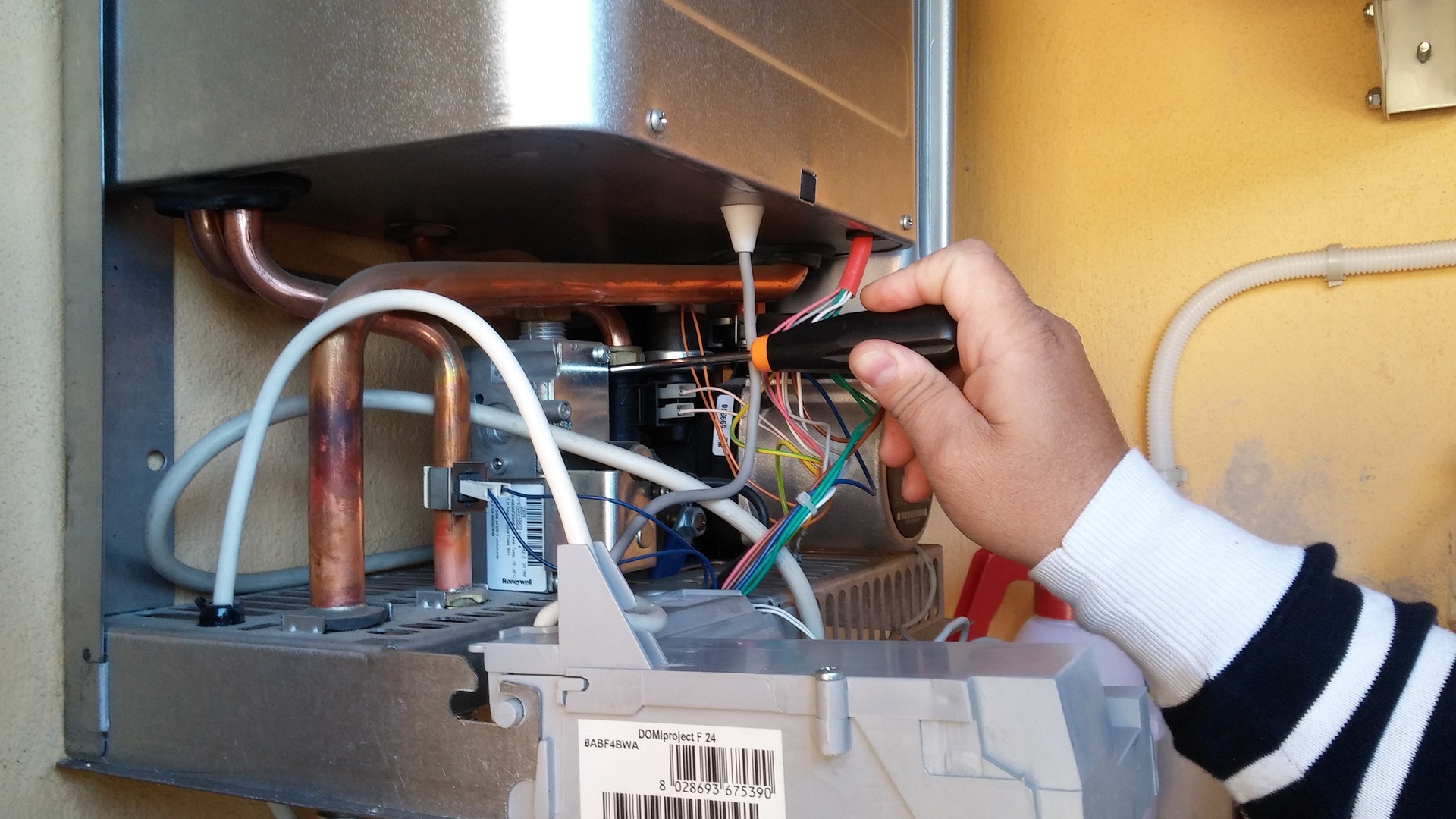Heart Valve Disease: Recognizing Symptoms and Treatment Options
Learn the signs of heart valve issues that may indicate the need for valve replacement. Symptoms like shortness of breath, fatigue, chest discomfort, or irregular heartbeat can signal underlying problems, highlighting the importance of timely medical evaluation for heart health.

Early Signs of Heart Valve Problems
Heart valve problems often develop slowly, making early symptoms easy to dismiss or attribute to aging or fitness levels. Common initial warning signs include shortness of breath during routine activities like climbing stairs or walking short distances. Many patients also experience unusual fatigue that doesn’t improve with rest, chest discomfort or pressure, and dizziness or lightheadedness, particularly when standing up quickly.
Swelling in the ankles, feet, or legs can indicate that the heart isn’t pumping blood effectively due to valve dysfunction. Some patients notice heart palpitations or irregular heartbeats, while others develop a persistent cough that may worsen when lying down. These symptoms can occur with any of the four heart valves but are most commonly associated with problems affecting the mitral or aortic valves.
Symptoms Indicating Heart Valve Replacement May Be Needed
As heart valve disease progresses, symptoms typically become more severe and frequent. Patients may experience significant shortness of breath even during minimal physical activity or while resting. Chest pain that occurs during exertion or emotional stress can signal that the heart muscle isn’t receiving adequate blood flow due to valve malfunction.
Advanced symptoms include fainting episodes, particularly during physical activity, which can indicate dangerous drops in blood pressure or irregular heart rhythms. Patients may also notice their ability to exercise or perform daily activities has declined substantially. Sleep disturbances, including difficulty breathing while lying flat, often force patients to sleep propped up on multiple pillows or in a reclining chair.
Heart Valve Disease Symptoms That Require Surgery
Certain symptoms indicate that heart valve disease has reached a critical stage requiring surgical intervention. Sudden onset of severe symptoms, particularly in patients with previously mild valve disease, often signals rapid deterioration that demands immediate medical attention. These emergency situations may include acute shortness of breath, severe chest pain, or loss of consciousness.
Progressive worsening of symptoms despite optimal medical management typically indicates that surgery is the most effective treatment option. Patients who develop signs of heart failure, such as significant fluid retention, persistent fatigue that limits daily activities, or the inability to lie flat due to breathing difficulties, often benefit from valve repair or replacement procedures. Additionally, when diagnostic tests reveal severe valve dysfunction even in patients with mild symptoms, preventive surgery may be recommended to avoid future complications.
When to Consider Heart Valve Replacement
The decision to proceed with heart valve replacement involves careful evaluation of multiple factors, including symptom severity, overall health status, and the specific type of valve disease present. Generally, patients with severe symptoms that significantly impact quality of life are candidates for surgical intervention, regardless of age, provided they can tolerate the procedure.
Even patients without symptoms may be candidates for valve replacement if testing reveals severe valve dysfunction with evidence of heart muscle damage or enlargement. This preventive approach can help preserve heart function and prevent irreversible complications. The type of replacement valve, whether mechanical or biological, depends on factors such as patient age, lifestyle considerations, and the ability to take long-term blood-thinning medications.
Medical teams also consider the patient’s overall health, including other medical conditions that might affect surgical outcomes. Advanced age alone is not a contraindication for valve replacement, as minimally invasive techniques have made procedures safer for older patients and those with multiple health conditions.
Treatment Options and Surgical Approaches
Modern heart valve surgery offers several approaches depending on the patient’s specific condition and anatomy. Traditional open-heart surgery remains the gold standard for many patients, providing surgeons with complete access to repair or replace damaged valves. However, minimally invasive techniques, including transcatheter aortic valve replacement (TAVR) and robotic-assisted surgery, offer alternatives for patients who may not be candidates for conventional surgery.
Valve repair, when possible, is often preferred over replacement because it preserves the patient’s natural valve tissue and typically doesn’t require long-term blood-thinning medication. However, when repair isn’t feasible, replacement with either mechanical or biological valves can effectively restore normal heart function and significantly improve symptoms and quality of life.
Understanding the symptoms of heart valve disease and recognizing when surgical intervention may be necessary empowers patients to seek appropriate medical care and participate actively in treatment decisions. Regular follow-up with healthcare providers is essential for monitoring valve function and determining the optimal timing for surgical intervention when conservative treatment is no longer sufficient.
This article is for informational purposes only and should not be considered medical advice. Please consult a qualified healthcare professional for personalized guidance and treatment.




